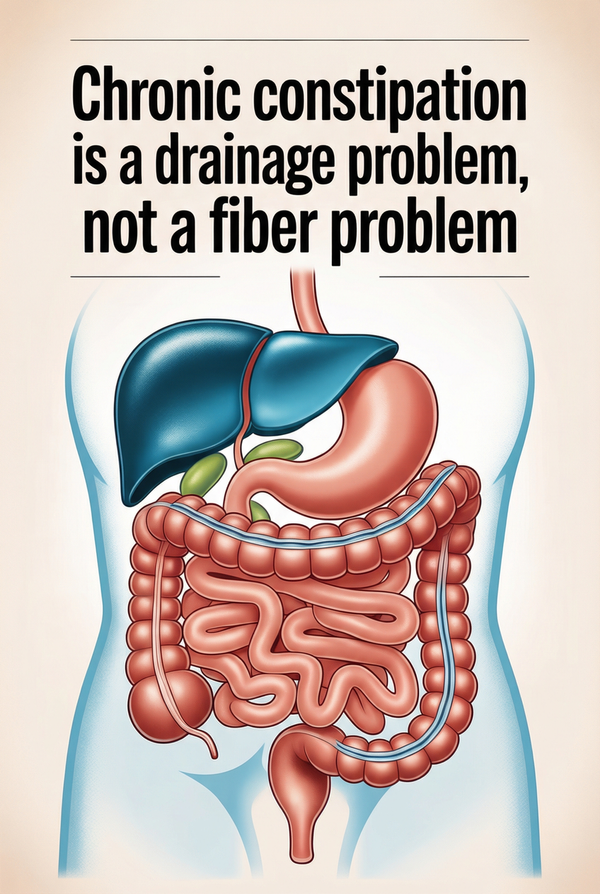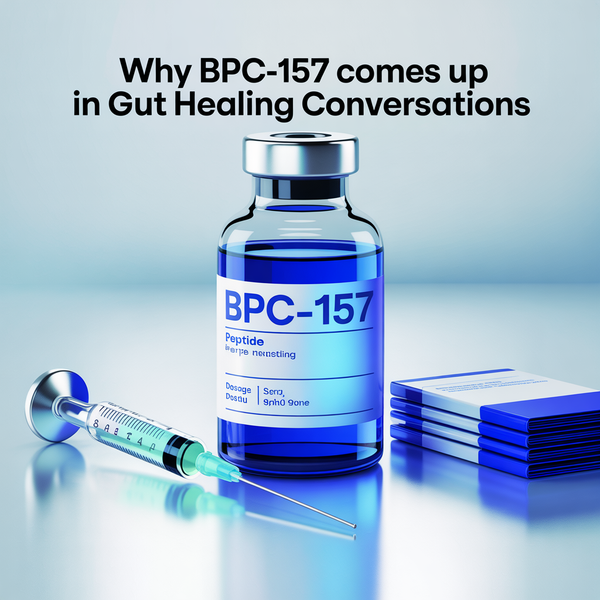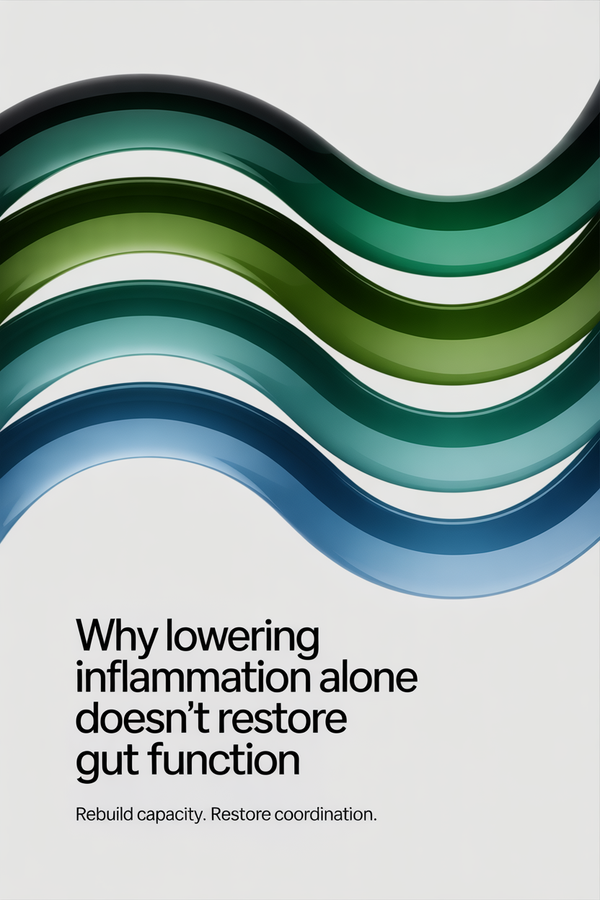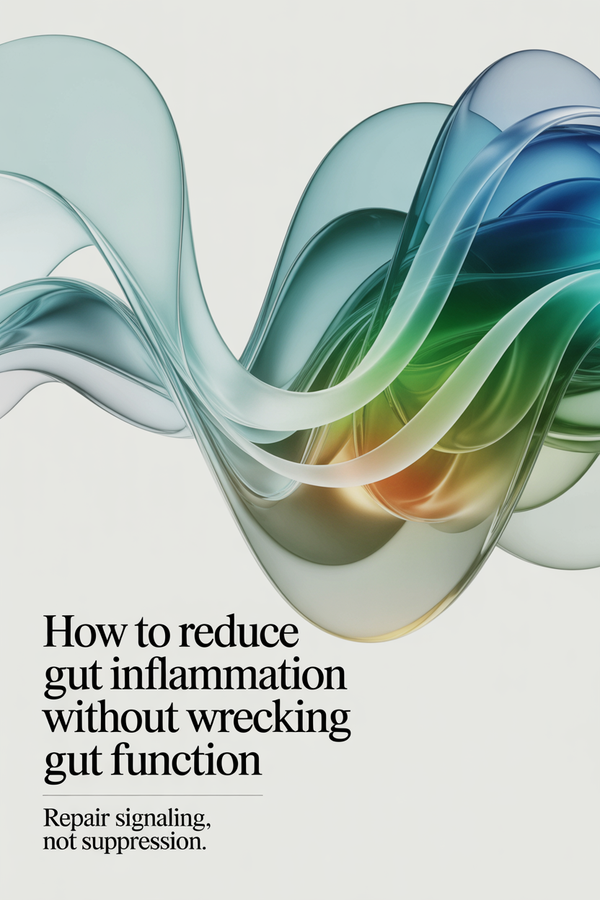Best Foods for Mitochondria (and the Ones to Avoid)
Food fuels your cells or fries them. If you’re tired all the time, it’s time to feed your mitochondria the nutrients they need to make energy. Discover the best (and worst) foods for mitochondrial health so you can stop running on fumes and start thriving.
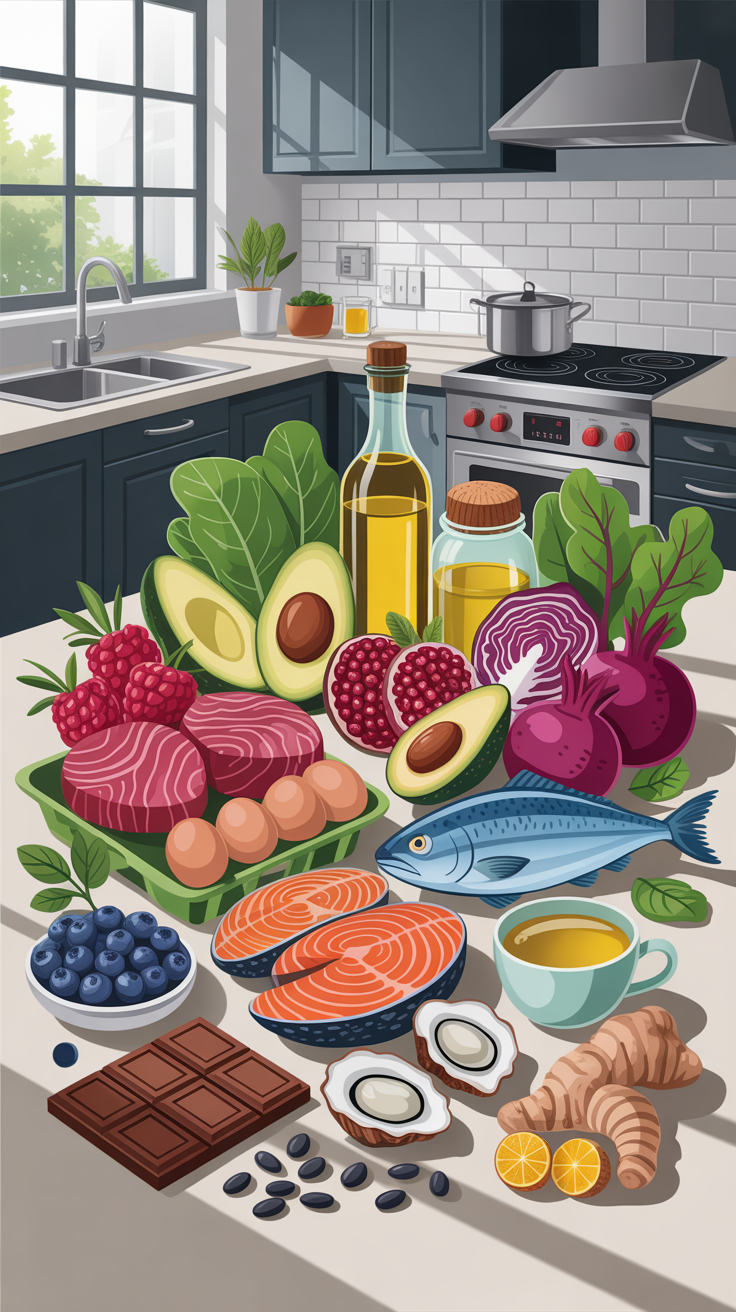
Feeling drained no matter how much coffee you drink? Your mitochondria-the tiny engines inside your cells- might be starving. And the fastest way to either help or hurt them? Food.
You don’t need another crash diet or superfood fad. You need the raw nutrients that power your cells to make ATP, your body’s energy currency.
Let’s break down what to eat, what to avoid, and how to build meals that fuel your energy from the inside out.
What Foods Boost Mitochondria?
1. Quality Protein
Your mitochondria rely on amino acids to repair themselves, synthesize enzymes, and support the electron transport chain.
Best protein sources:
- Grass-fed beef
- Pasture-raised eggs
- Wild-caught salmon
- Sardines and organ meats
2. Healthy Fats
Mitochondria thrive on fats for fuel, especially omega-3s and medium-chain triglycerides (MCTs).
Best fats for mitochondria:
- Extra virgin olive oil
- Avocados
- MCT oil and coconut oil
- Wild fish and grass-fed butter
3. Colorful Antioxidants
Oxidative stress damages mitochondria. Antioxidants help mop up free radicals before they can wreak havoc.
Antioxidant-rich foods:
- Berries (especially blueberries, raspberries)
- Beets
- Red cabbage
- Purple sweet potatoes
- Pomegranate
4. Micronutrients
Key vitamins and minerals fuel every stage of mitochondrial function.
Mitochondria-friendly micronutrients:
- Magnesium (leafy greens, pumpkin seeds, dark chocolate)
- B vitamins (meat, eggs, nutritional yeast)
- Selenium and zinc (Brazil nuts, oysters, beef)
- CoQ10 (organ meats, sardines)
5. Polyphenols
These plant compounds protect and even stimulate mitochondria.
Top polyphenol picks:
- Green tea
- Dark chocolate
- Olive oil
- Blueberries
- Turmeric and ginger
What Foods Damage Mitochondria?
1. Seed Oils
Highly processed and loaded with inflammatory omega-6 fatty acids.
Avoid:
- Canola
- Soybean
- Corn
- Sunflower
- Safflower
2. Refined Sugars
Sugar hijacks energy production and creates oxidative stress.
Avoid:
- High-fructose corn syrup
- Table sugar
- Candy, baked goods
- Sweetened drinks
3. Ultra-Processed Foods
Synthetic ingredients clog your systems and confuse cellular communication.
Avoid:
- Packaged snacks
- Fast food
- Frozen meals with fillers
4. Alcohol
Too much alcohol directly damages mitochondria and depletes essential B vitamins.
How to Build a Mitochondria-Friendly Meal
✔️ Build your plate around protein + colorful veggies
✔️ Cook with healthy fats (olive oil, coconut, butter)
✔️ Add fermented or raw veggies for gut support
✔️ Skip the sugar, skip the crash
✔️ Stay hydrated with mineral-rich water or sea salt
Quick FAQ About Mitochondria and Food
What is the best diet for mitochondria?
A diet rich in quality protein, healthy fats, colorful antioxidants, and micronutrients supports energy production and cellular repair.
What foods damage mitochondria the most?
Seed oils, refined sugars, ultra-processed foods, and alcohol are the biggest culprits.
Can diet really improve energy?
Yes. The right foods fuel your mitochondria to make ATP, which powers every cell in your body.
Want Help Starting a Holistic Lifestyle?
Grab my free guide and start swapping out energy-draining habits for energy-making ones:
👉 How to Start a Holistic Lifestyle (Free eBook)
You don’t need more opinions. You need results.
And you won’t find them by only managing symptoms.
But you’re here. You’re asking questions. You’re waking up.
Once you realize the power was in your hands all along,
you stop playing small and start building real health.
Jamie Shahan, MSN, CRNA, RN
Empowering Holistic Health
🌐 Connect with me on Social Media:
Disclaimer
The information provided on this website, in associated blogs, courses, and materials, is for general educational and informational purposes only. It is not medical advice and should not be interpreted as such.
I am not a medical doctor. The content I share reflects my personal opinions, experiences, and research. It is not intended to diagnose, treat, cure, or prevent any disease, condition, or illness.
You should not rely on the information here as a substitute for professional medical care, advice, or treatment. Always consult with a licensed healthcare provider before making any decisions regarding your health, especially if you are pregnant, nursing, taking prescription medications, or managing a medical condition.
By reading this website or using any related materials, you acknowledge and agree that:
- You are fully responsible for your own health decisions.
- The author and publisher of this content assume no liability for any harm, loss, or adverse effects arising directly or indirectly from the use, misuse, or interpretation of the information provided.
- No guarantees are made regarding the outcomes of applying any ideas, suggestions, or protocols discussed. Results will vary for each individual.
Affiliate Disclosure
Some products or tools mentioned may include affiliate links. This means that if you choose to purchase through those links, I may earn a small commission at no extra cost to you. I only recommend products I have personally used, researched, or would recommend to someone I love.
Use at Your Own Risk
By accessing this website and its materials, you agree that you are doing so voluntarily and that you assume full responsibility for any decisions you make regarding your health, lifestyle, or purchases.

